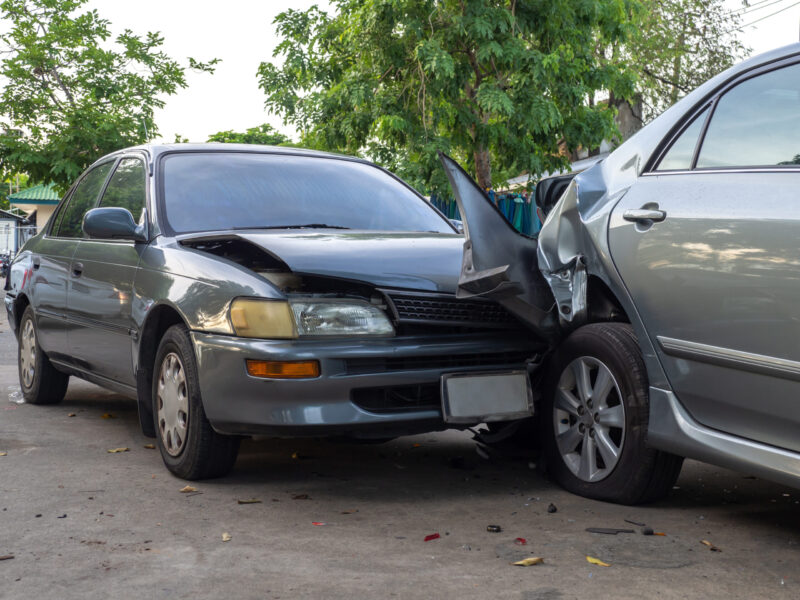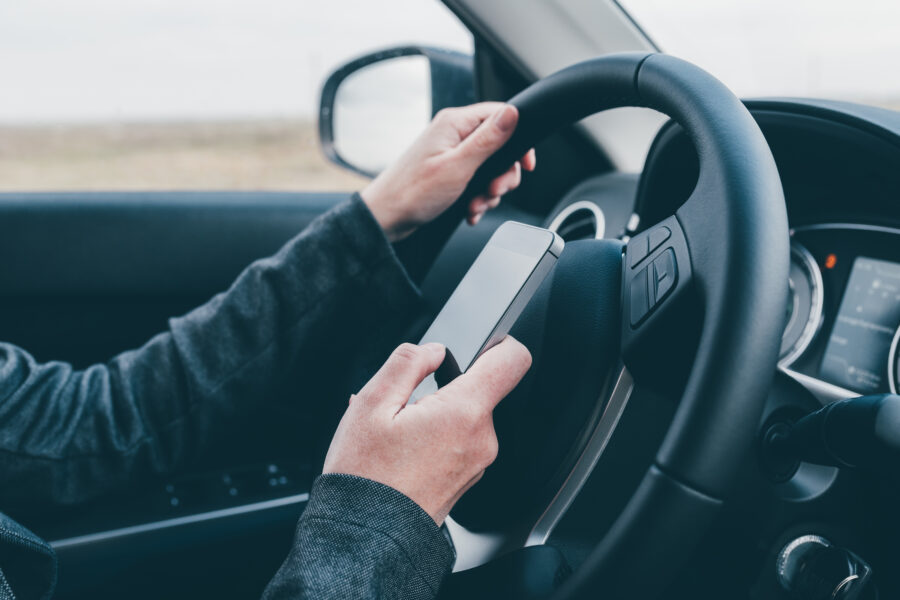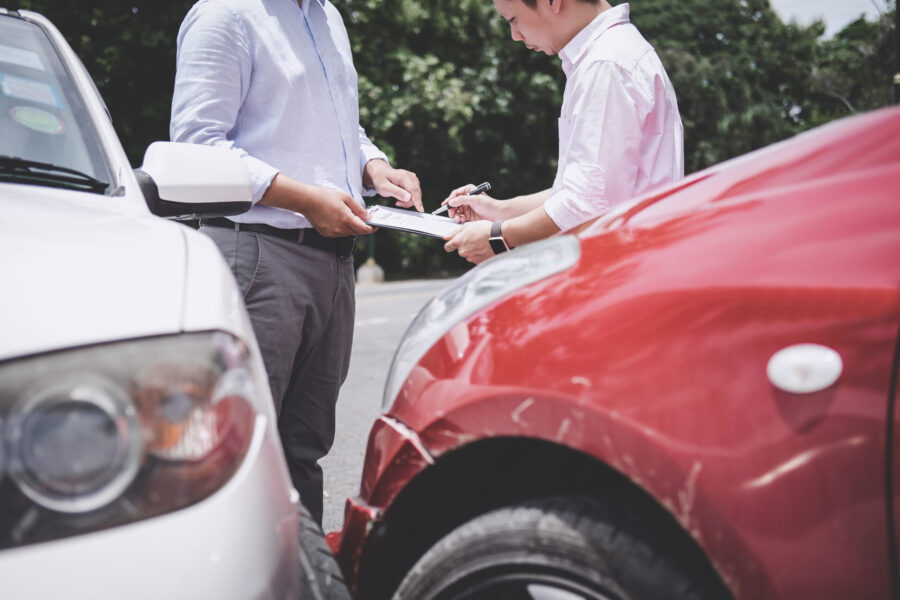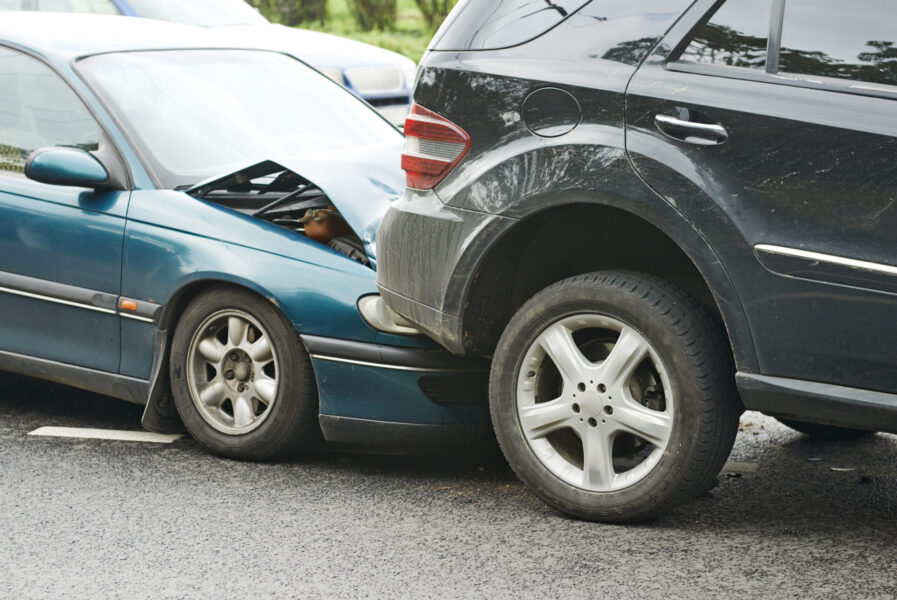Car accidents are unsettling experiences, and understanding your rights and responsibilities in the aftermath can…
When Is a Car Accident Considered Negligence?
By Mike Deering

Car accidents can happen to anyone, anywhere, and at any time. While many are the result of unavoidable circumstances, a significant number occur because of someone’s carelessness—or what’s legally termed as negligence. If you’ve been in a car accident and think another driver’s actions caused your injuries, understanding negligence is crucial for determining liability.
This article will explain what negligence means in the context of car accidents, how it’s determined in Virginia Beach, and why proving negligence is essential in pursuing compensation. By the end of this post, you’ll have the knowledge to identify common scenarios of negligence and understand how a car accident lawyer can help.
What Is Negligence in Car Accidents?
At its core, negligence refers to a failure to act with the level of care that a reasonable person would exhibit in the same situation. When applied to car accidents, it means that one driver did not adhere to standard driving practices, which resulted in harm to another person.
For example, running a red light or texting while driving can easily cross the line into negligent behavior. Negligence can make an individual liable for any damages or injuries caused.
Legal Definition of Negligence
Legally, proving negligence involves showing that the accused party owed a duty of care, breached that duty, and directly caused an accident leading to injuries or damages. Here’s a breakdown of these critical elements:
- Duty of Care – Every driver has a responsibility to follow traffic laws and operate their vehicle safely to avoid harming others on the road.
- Breach of Duty – A breach occurs when a driver deviates from expected behavior, like speeding or ignoring a stop sign.
- Causation – It must be proven that the driver’s breach of duty directly caused the accident and the injuries sustained.
- Damages – Finally, the injured party must present evidence of tangible losses, like medical bills, vehicle repairs, or lost income.
How Negligence Is Determined in Virginia Beach
Virginia is one of the few states that adheres to a legal doctrine known as contributory negligence. This rule dictates that if the injured party is found to have contributed in any way to the accident—even as little as 1%—they cannot recover compensation.
This makes proving negligence in Virginia Beach particularly challenging, as the burden of proof rests entirely on the injured individual. Working with an experienced car accident lawyer is vital to ensure every detail is examined to establish the other party’s fault while minimizing accusations against you.
Steps for Establishing Fault in a Car Accident:
- Gather Evidence at the Scene – This includes taking photographs, obtaining witness statements, and collecting police reports.
- Review Traffic Laws – Determine whether any violations occurred, such as DUI, speeding, or ignoring traffic signals.
- Leverage Expert Testimony – Accident reconstruction specialists can analyze the crash to provide detailed insights into how it occurred.
Why Proving Negligence Is Critical
Proving negligence is the foundation of any car accident case. Without it, you may not be entitled to compensation for your injuries, property damage, or other financial losses.
This is especially important in cases where insurance companies may try to dispute liability or undervalue your claim. The stronger the evidence of negligence, the harder it is for an insurer—or the at-fault party—to deny responsibility.
A Lawyer’s Role in Proving Negligence
Experienced car accident lawyers, like those at Deering Hedrick, can help collect evidence, interview witnesses, and negotiate with insurance companies on your behalf. Their goal is to ensure your rights are protected and that you receive the compensation you deserve.
Common Scenarios of Negligence in Car Accidents
Negligence can take many forms, but some scenarios are more common than others. Here are a few examples of behaviors that frequently lead to accidents:
Distracted Driving
One of the leading causes of car accidents in Virginia Beach, distracted driving occurs when a motorist is texting, eating, or engaging in activities that divert their attention from the road.
Speeding
Driving above the speed limit or too fast for weather conditions significantly reduces a driver’s ability to react and avoid accidents, making it a common form of negligence.
Driving Under the Influence (DUI)
Drivers impaired by alcohol or drugs pose a grave danger to everyone on the road. DUI is not only negligent but also criminal conduct, with serious consequences for both the driver and affected victims.
Failing to Yield
Failing to yield when required—such as at a stop sign or pedestrian crossing—can lead to devastating collisions, especially in busy intersections.
Tailgating
Following another vehicle too closely reduces the ability to stop in time, often resulting in rear-end collisions that could have been avoided with proper space.
Ignoring Traffic Signals
Running a red light or stop sign isn’t just reckless; it’s a blatant breach of duty that puts countless lives at risk.
By identifying these behaviors, victims of car accidents can better understand whether negligence played a role.
Speak to a Car Accident Lawyer Today
Determining negligence in a car accident can be complex—especially in Virginia Beach, where contributory negligence laws are in play. Having a professional on your side can make all the difference.
If you were injured in a car accident and believe negligence was involved, contact the experienced team at Deering Hedrick today. Our attorneys specialize in car accident cases and can help you build a strong claim.
Call us at 757-383-6848 to schedule your free consultation. Don’t wait—your road to recovery starts now.





